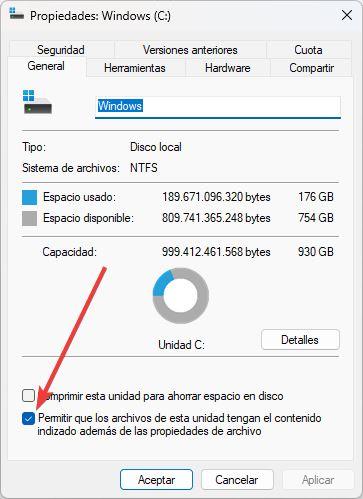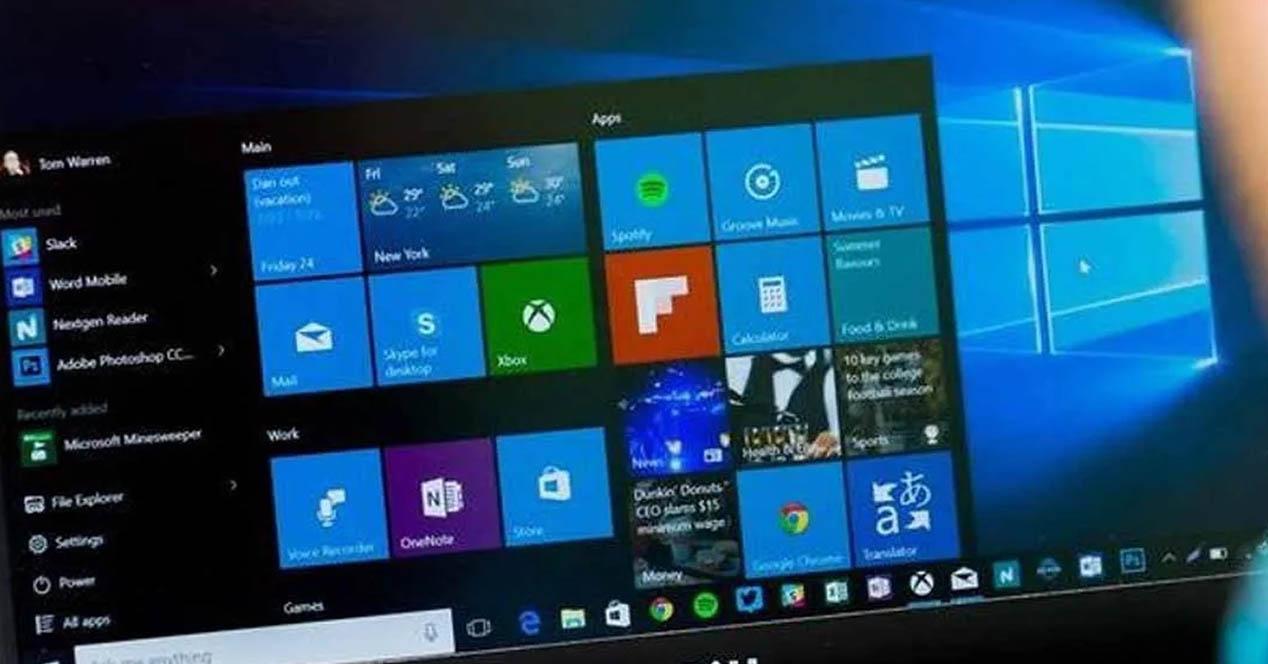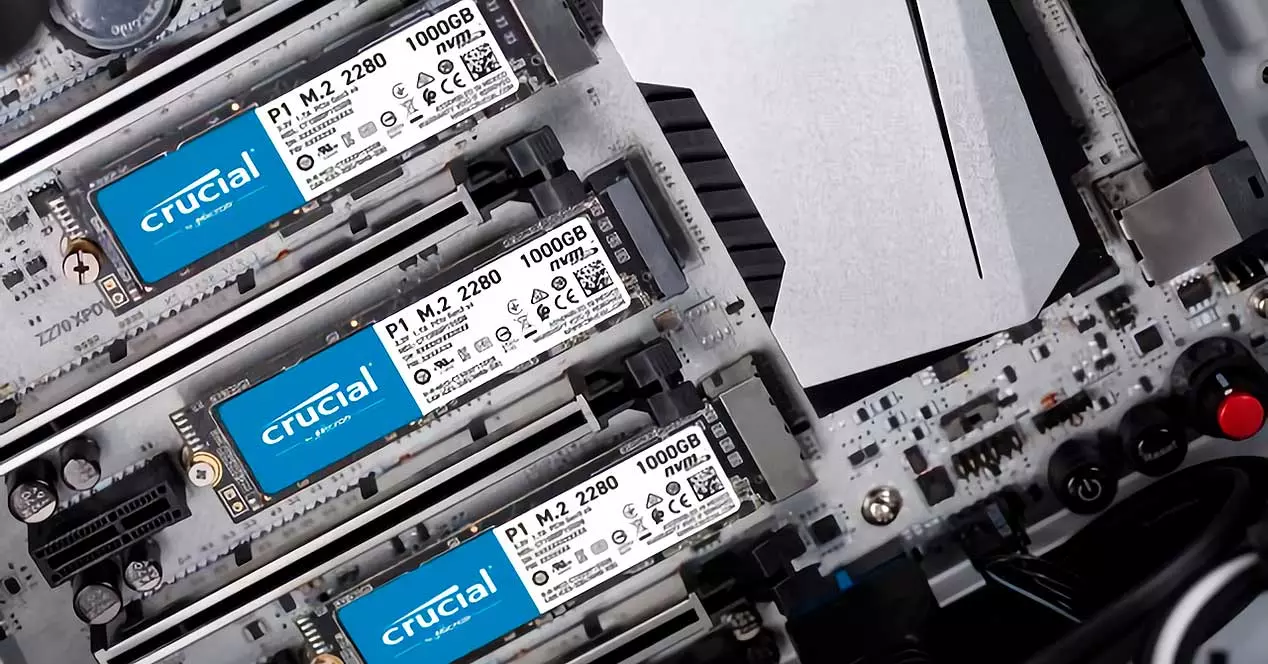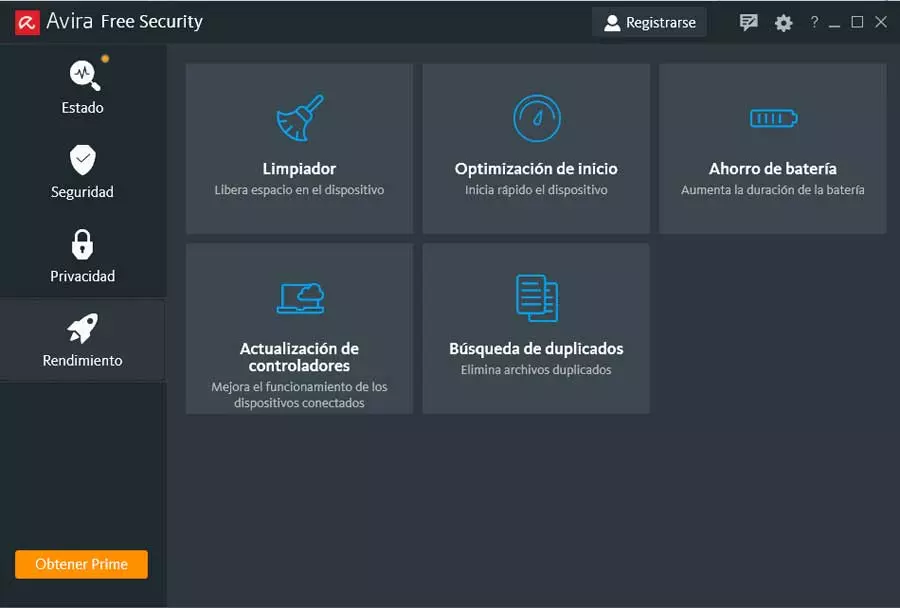
Windows has all kinds of features that, at least in Microsoft’s mind, seek to make life easier for users. The problem is that many of them, rather than making things easier, what they do is complicate them, since they almost always affect the performance of the computer, making it work much slower than normal. A clear example of these functions is the file indexingbeing able to significantly increase the speed of the PC if we decide to deactivate it.
Until Windows 7, searching for files on the PC was a nightmare, since the system had to go one by one trying to match each file with the search criteria. With the advent of Windows 7, Microsoft started making use of a feature called a file indexer. What it does is create an index with all the files and their properties so that, when we search for something, said index is consulted in order to show us results in almost real time.
The problem with the file indexer is that it is constantly checking and updating the index. And this translates into a greater consumption of resources when using the hard drive or SSD, and the CPU, to keep this database up to date. Luckily, if we don’t use the search engine often, it’s very easy to disable this feature to prevent it from wasting resources unnecessarily and thus make our PC work much faster.
Disable the Windows indexer
Although in older versions of Windows it was difficult to disable this feature (since you had to remove it from the registry), in Windows 10 and Windows 11 it is very easy to do so. To do this, what we must do first is go to the properties of the hard disk. So, we open the explorer window in “This computer”, locate the Windows drive, which will usually be C, and right-click on it to open the properties window.
At the bottom of this window we will find an option called «Allow files on this drive to have content indexed in addition to file properties«. By default, it will be activated.
What we have to do is uncheck the box to disable file indexing. Click on “Apply” to save the changes (we will surely see a progress bar while the content is deindexed) and wait for the process to finish. Ready. Now the hard drive will no longer be constantly indexing the files on the PC, and although searches will be much slower, the PC will generally run faster.
Other resource-consuming features on PC
In addition to the indexer, Windows has many other functions and features that, although they try to improve the user experience, in reality what they do is constantly consume resources on the PC, making Windows slow down. Some of them, and that we can also deactivate, are:
- Microsoft programs at startup. Teams, Edge and many other programs, which come standard on the PC, open when you turn on the PC. We can remove them to free up memory and make the computer turn on faster.
- Cortana. The Microsoft assistant is useless, but it consumes a lot of resources on the PC. Therefore, we must always disable it to improve performance.
- Windows Defender. Microsoft’s antivirus protects us from different threats, but it is one of the ones that slows down the PC the most. Switching to another security suite can help us gain fluidity.
- Effects. With effects, the desktop looks nicer, but the PC will generally be much slower. Another function that we must remove from the PC to gain performance.




